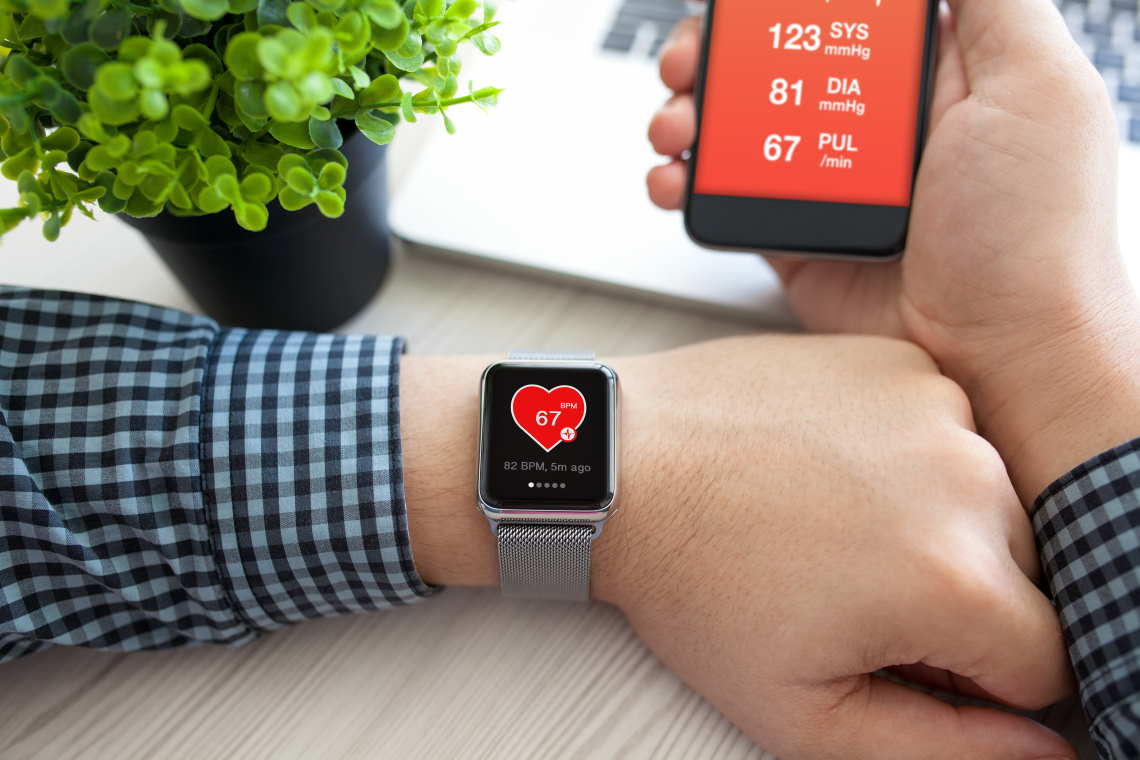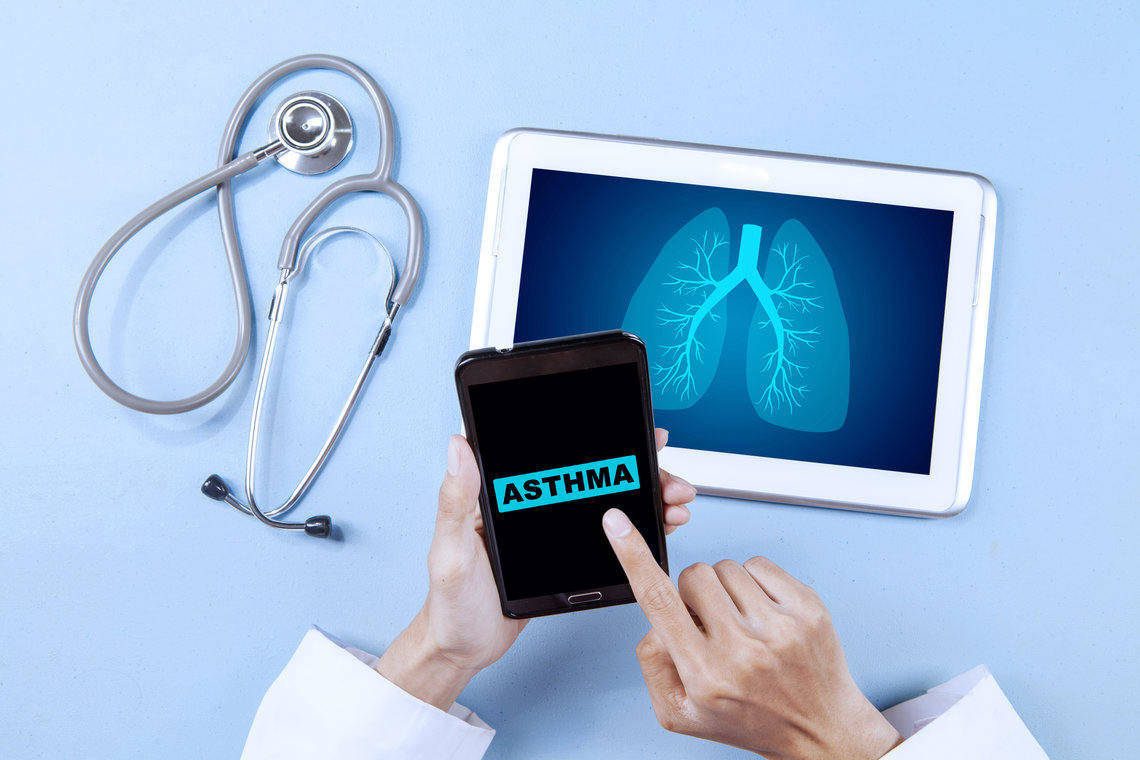- Improved Compliance
- Real Consumer Engagement
- Enable Digital Reorder
& Replenish
Digital Health and Connected Devices
What is Digital Health?
Digital health is becoming increasing popular and is taking the healthcare world by storm. Digital health embodies a wide scope of areas that include anything that falls into the following categories: mobile health, personalized medicine, tele-health, tele-medicine, wearable devices, and health information technology.
With society shifting to a much more technological mindset and individuals increasingly relying on smart phone, smart technology, mobile applications, and the like, the shift to digital health in healthcare and medicine is only plausible. These forms of technology do not just change the way that we all communicate with each other, but it gives us creative and efficient ways to monitor and track our own health. Having this ability will lead to better health outcomes for patients and doctors alike.
Why is it Important?
Digital health is becoming so important because many medical devices are now connected and communicate with other similar devices. In order to continue to progress into the new digital future, many stakeholders are deeply involved in application development, customer and patient engagement, research, testing, and much more.
Additionally, it is extremely important to the future of patients and how doctors are able to treat and monitor patients. Digital health and connected devices provide doctors and other healthcare providers with further tracking and engagement with their patients’ progress, including both issues and triumphs. This will lead to better treatments, the prevention of many avoidable health issues, and over all better and healthier lifestyle.
Connected Devices
There are an ample amount of connected medical and digital devices on the market as we speak, and they are already helping to change the lives of thousands of patients. Let’s explore some of the most popular and common connected healthcare devices.
Self-Monitored ECG
If you wanted to, you can take your very own ECG right in the comfort of your own home. Certain smart phone applications and technology can sense and record information, which then sends it directly to your physician. Therefore, if there are any issues or abnormalities detected, your doctor will have instant access to this information and treatment and intervention can take place almost immediately.
AdhereTech’s Smart Wireless Pill Bottle
With this special pill bottle, patients medications will be tracked automatically and in real-time. The bottle will collect, store, and send important information like the proper pill dosage, treatment plan, time(s) to take their medication, and the like.
Patients will then receive automatic notifications to their smart phones either through phone calls or text messages. These notifications will alert the patients if they need to take their does or is they have missed their dosage.
Intelligent Asthma Management
This is a piece of wearable technology that monitors asthma and helps asthma management. The wearable has displays that keep real-time track of a person’s asthma condition. It will be able to track, journal, display personalized treatment plans, and record information.
That information is then sent to a connected application on the person’s smart phone, where they are look at and analyze their information. That information is also sent to their doctor/doctor’s office so they can keep track of each person’s specialized information.
Health Patch MD
This is a special patch with a built-in biosensor. It was developed by Vital Connect and can measure and track a person’s heart rate, skin temperature, posture, and respiratory rate.
It can also detect is a person has a fall or if they have gotten into any trouble and are likely to need help. The great part about this device is that is can be worn in the hospital, but it can also be work at home and in outpatient facilities.

